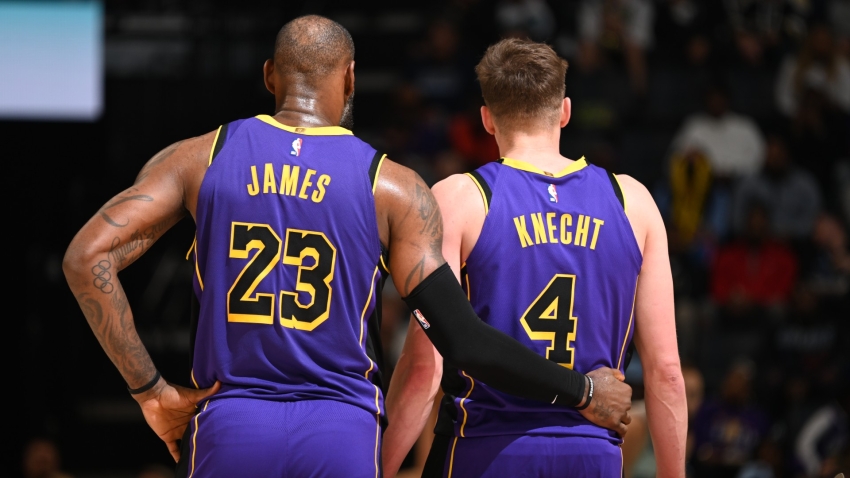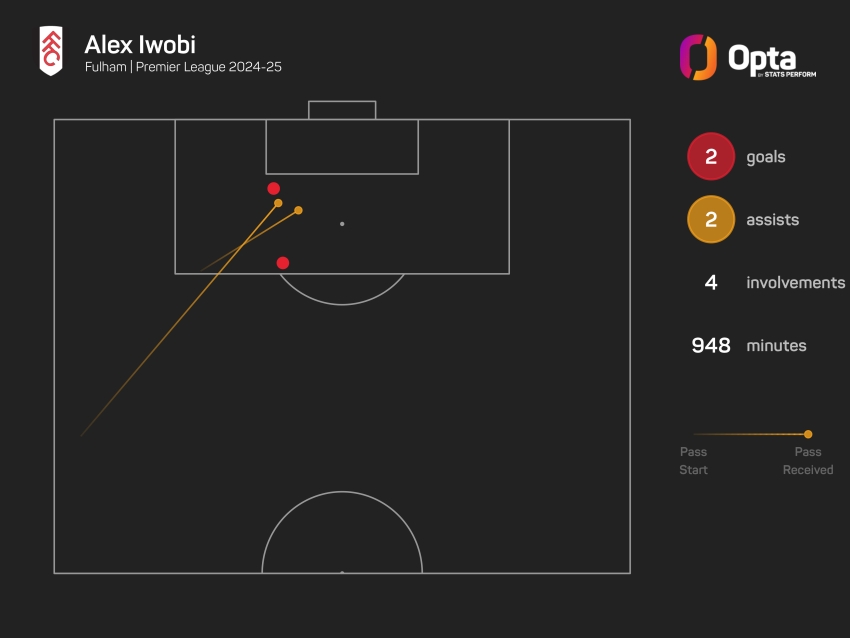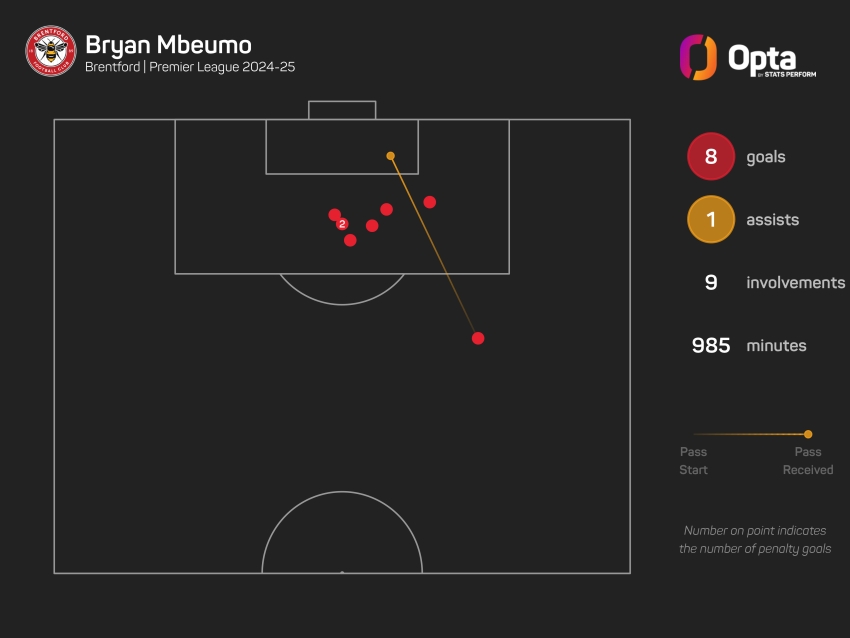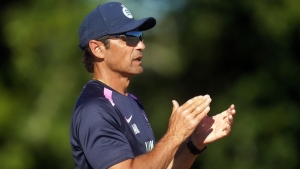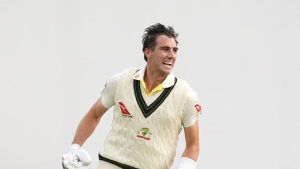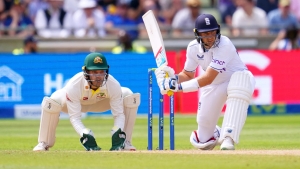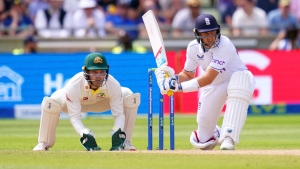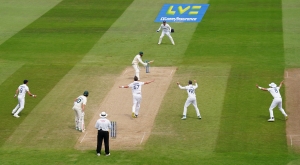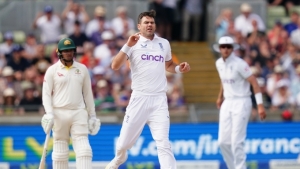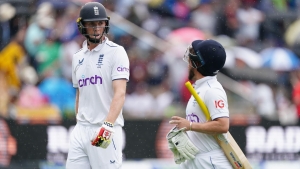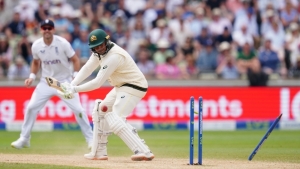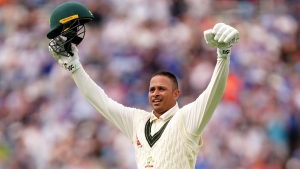England are waking up to defeat in the first Test against Australia for the third Ashes series in a row.
The tone of the game may have been different, with Ben Stokes’ side making most of the running across five enthralling days to set up a finish, but the end result was the same as 2017, 2019 and 2021.
Australia held the urn aloft in each of those series, flexing their muscles in matching 4-0 wins on home soil and retaining after a 2-2 draw on tour four years ago.
England will now need to overturn a 1-0 deficit with four games to play, but what should they do to make that happen?
Keep the faith in ‘Bazball’
Defeat against their bitter rivals will hurt, but now is not the time to rip up a playbook that has delivered 11 wins from 14 Test matches under Ben Stokes’ captaincy.
In particular, England have proven that their ultra-aggressive batting style can hurt an Australia attack who hoped they would be immune.
They scored at a rollicking 5.03 an over in the first innings and kept it up at 4.11 on a trickier surface in the second and landed important blows along the way.
Scott Boland went around the park for the first time in his Test career and Joe Root’s reverse ramps will have tested the egos of the Australian quicks.
Fix Moeen’s finger or find a replacement
There was always going to be an element of risk in summoning Moeen Ali out of international retirement when Jack Leach went down with a stress fracture.
The 36-year-old last played first-class cricket almost two years ago and his lack of conditioning came back to haunt England when his right index finger blistered then burst open.
He found it difficult to grip and rip the ball from that point onward and was able to offer just seven overs on day five as part-timer Joe Root picked up the bulk of the work.
If the medical staff are confident they can rectify the situation in the coming days Moeen should get another chance at Lord’s, but if there is a chance of history repeating then Surrey’s Will Jacks looks like the next man in and should be called up.
Dial down the declaration addiction
For the second game in a row England have lost a Test match after declaring eight down in the first innings.
New Zealand edged them by a single run in Wellington back in February and now Australia have snuck across the line.
Stokes’ penchant for calling an early end to his side’s run-scoring has been a fascinating facet of his captaincy and at times has worked brilliantly – including three Tests ago in Mount Maunganui.
But pulling out after just 78 overs, the earliest ever declaration in the Ashes, may have been slightly too radical. Root was racing along on 118 not out and it would not have taken him long to score enough runs to alter the final outcome.
Rally around Bairstow
By choosing to drop Ben Foakes, a player Stokes has frequently described as the best wicketkeeper in world cricket, England opened themselves up to criticism. But with Harry Brook undroppable after a prolific winter and the star performer of 2022, Jonny Bairstow, fit again, Foakes was the fall guy.
Bairstow is an experienced gloveman but put down at least three chances that he would have hoped to take, racking up a tab that his dashing 78 in the first innings did not fully clear.
Those who advocate a Foakes recall at Lord’s can think again, with the squad already announced and Bairstow going nowhere.
For now they need to get behind a player who thrives on confidence and certainty over his role. Neither he nor England can afford any more costly slip-ups, but showing faith might be the best way to avoid them next week.
Let Wood make his mark
One thing England lacked in their XI at Edgbaston was outright pace, a quality Mark Wood brings in abundance. With Jofra Archer and Olly Stone both out injured, he is the only man available who can routinely clear 90mph.
He is best used in short, sharp spells and concerns over Stokes’ ability to share the workload may have played a part in him missing out in the first Test. But on a Lord’s pitch that can play flat, he might be just the tonic.
Wood was England’s most impressive performer Down Under in the 2021-22 Ashes and already has Australia’s respect.
After an unusually quiet outing, record wicket-taker James Anderson could be in line to stand down but it might also be possible to lean on Root’s spin and choose a four-strong pace cartel. Either way, it feels like Wood is a game breaker they cannot afford to overlook.




